Dr. Black’s post on his unblog on the Pericope Adulterae conference reminded me of a very important aspect that I completely forgot…
Each of the presenters disagreed with one another. They each argued clearly, concisely, passionately, and adamantly for their positions. And yet, I have not seen 5 scholars in disagreement that expressed more grace than these 5. At a number of points during the symposium, the presenters offered supporting arguments for one another. They each recognized that some of the evidence they brought to be table could support their “opponent’s” theory. Instead of suppressing evidence that conflicted with their theory thus creating a straw man, they each were confident enough in their scholarship and theories that they allowed all evidence to be given a fair shake.
This is an example for both scholars and aspiring scholars to follow. Our job is to find all available evidence, analyze, and create theories that make sense of that evidence. In so doing, our theories have a firm footing. Furthermore, we should engage with our interlocutors with grace and mercy helping to support their theories where evidence is available and pointing out weaknesses where present in order to come closer to the truth of the matter.
My thanks to Drs. Punch, Wasserman, Knust, Keith, and Robinson for exemplifying excellent scholarship, grace, mercy, friendship, and levity throughout the conference!

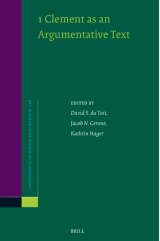
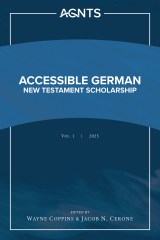
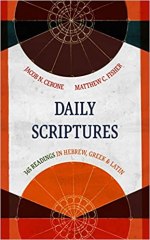
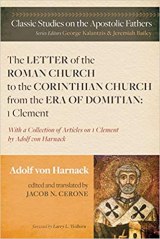
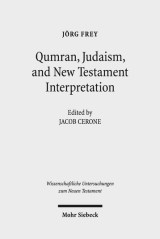
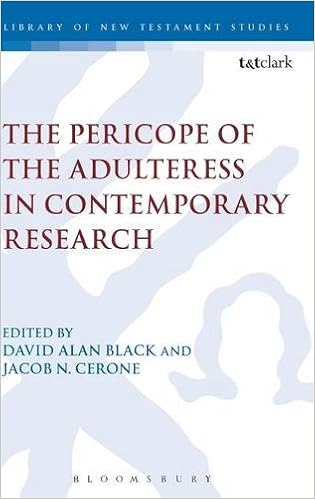

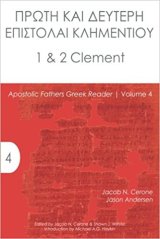
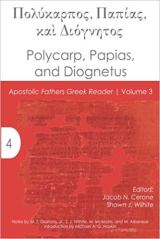
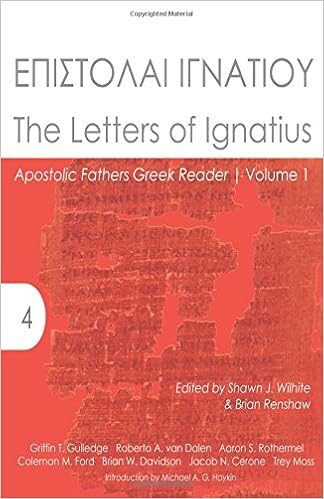
It always amazes me how hard dialogue is. It’s something I cultivate in my interfaith work. I’m even more amazed how often PhDs show a total lack of ability to dialogue reasonably about a topic – and most PhDs aren’t even studying something they believe to be revealed from God. I’m glad this conference was different!
Pingback: Sunday Roundup #2: 4.27.14. | Linguae Antiquitatum